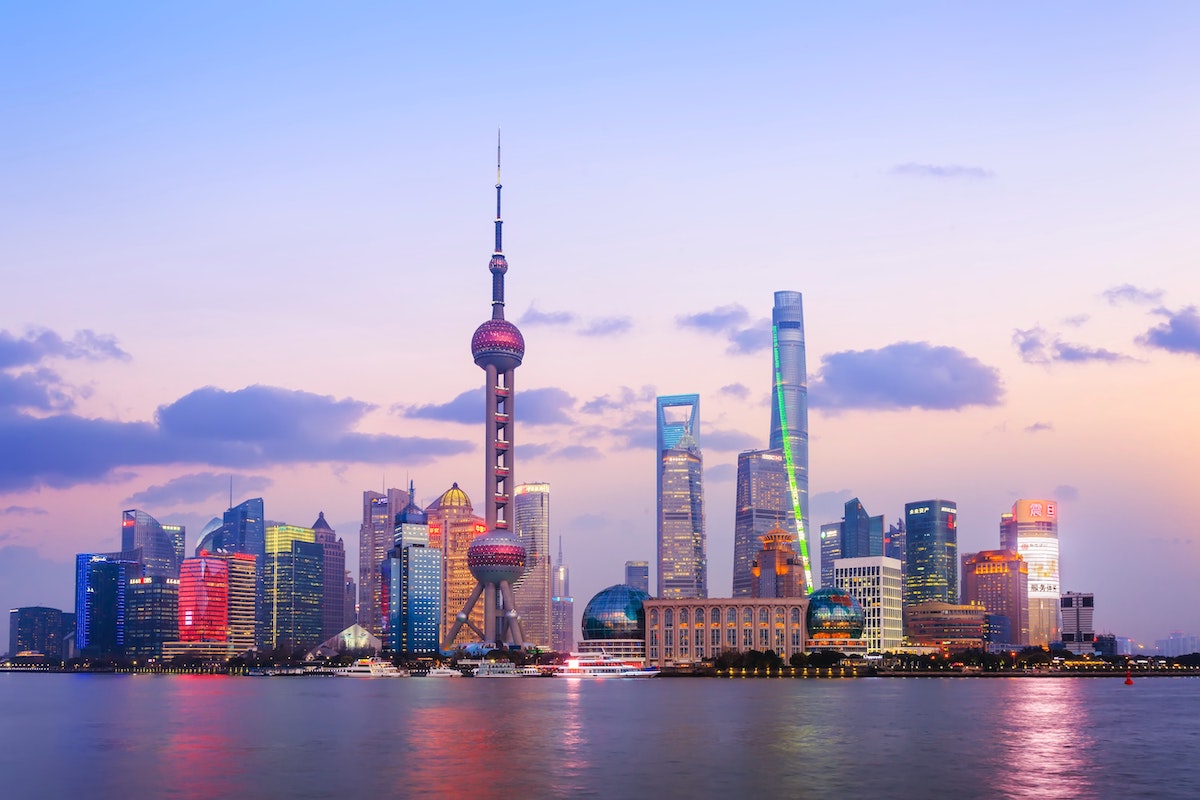By: Andrea Barnhill
Skip to...
- 1. You’ll be in a constant state of culture shock throughout your time in China
- 2. Travel around the country as much as you possibly can.
- 3. Try your very best to speak to locals in their native language.
- 4. Take caution when adjusting to eating.
- 5. Avoid raw foods, and be sure to boil your water.
- 6. Be prepared for serious heat in the summertime.
- 7. Know that China is generally a very safe country in which to travel.
- 8. Take it as an opportunity to be adventurous.
After 30 long hours spent in airports and on planes, I knew I had arrived at my destination. Immediately, the familiar sense of being a foreigner returned after not having traveled for a few months. I exited the aircraft, walked through the usual tunnels to customs, and for the first time while traveling abroad, felt utterly lost. Knowing very little Mandarin, it was impossible to tell where the signs were directing me. My advice for anyone willing to visit this amazing country would be to learn Cantonese, at least a bit, just so you can get around easily and communicate with locals better.
I was days out of college, having just graduated from Florida State the week prior to arriving to Dalian, China, the medium-sized city in northeastern China that my now-husband and I would call home for the next three months. My post-grad professional move was to begin my career as a contributing writer, this time, for a cruise publication. This would be the first entrepreneurial step to having my own travel blog, Weekend Wander Club, and more writing jobs to start my own business.
We were eagerly greeted by his classmates, all part of a global MBA program in which they were each working to earn two Master’s degrees abroad by living and studying in three countries – Germany, Poland and China. A year and a half later, this cohort would spread out across the globe to become successful, young businessmen and women in all industries.
From reading up on all of the travel blogs I could find, I had a vague idea of what being an expat in China would be like. I knew that overall, the culture would be very different, and that things I would consider normal would not be the status quo in my new hometown, and vice versa. My first experience coming across this is when a girl I was chatting with in the supermarket told me about dragons being a popular symbol of protection on the outside of homes. She asked me, “Well, what animals do you have on the walls of your houses to protect your house?” I didn’t have an answer for her.
Looking back, being an expat in China was a time of growth and learning. Being open minded was absolutely critical to participating in another country’s culture. I took many ways of Chinese life back to the states with me upon my return, like making sure I am a very hospitable host when having guests and being adventurous with trying new food – you never know, you may like a duck egg and jelly fish salad more than you’d think!
Whenever I come across someone moving to China, here are the tips that I learned from my time being an expat in China I share:
1. You’ll be in a constant state of culture shock throughout your time in China
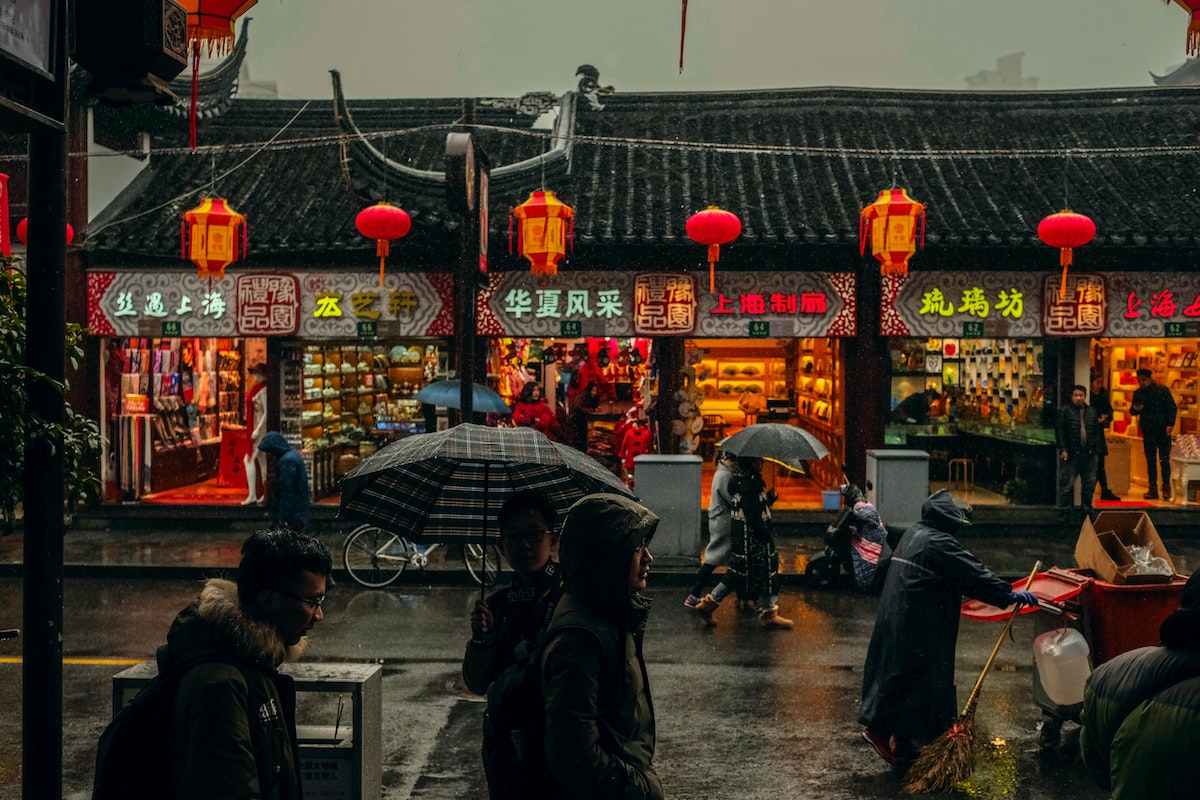
Photo by Nuno Alberto on Unsplash
I mean this in the best way possible. I had previously thought that since I was well-traveled that I would adjust to such a different culture with norms foreign to me. However, this was not the case, especially when you consider what an enormous country China is. The level of familiarity you’ll feel to your own culture will vary greatly from city to city.
Where we lived in Dalian was considered an international city, and some locals did speak English on occasion. But when we spent a weekend in Shanghai, it felt like it had significantly more western influence.
Everything in China continues to feel new, no matter how much time you spend there, and I think that’s what makes living in China exciting.
2. Travel around the country as much as you possibly can.
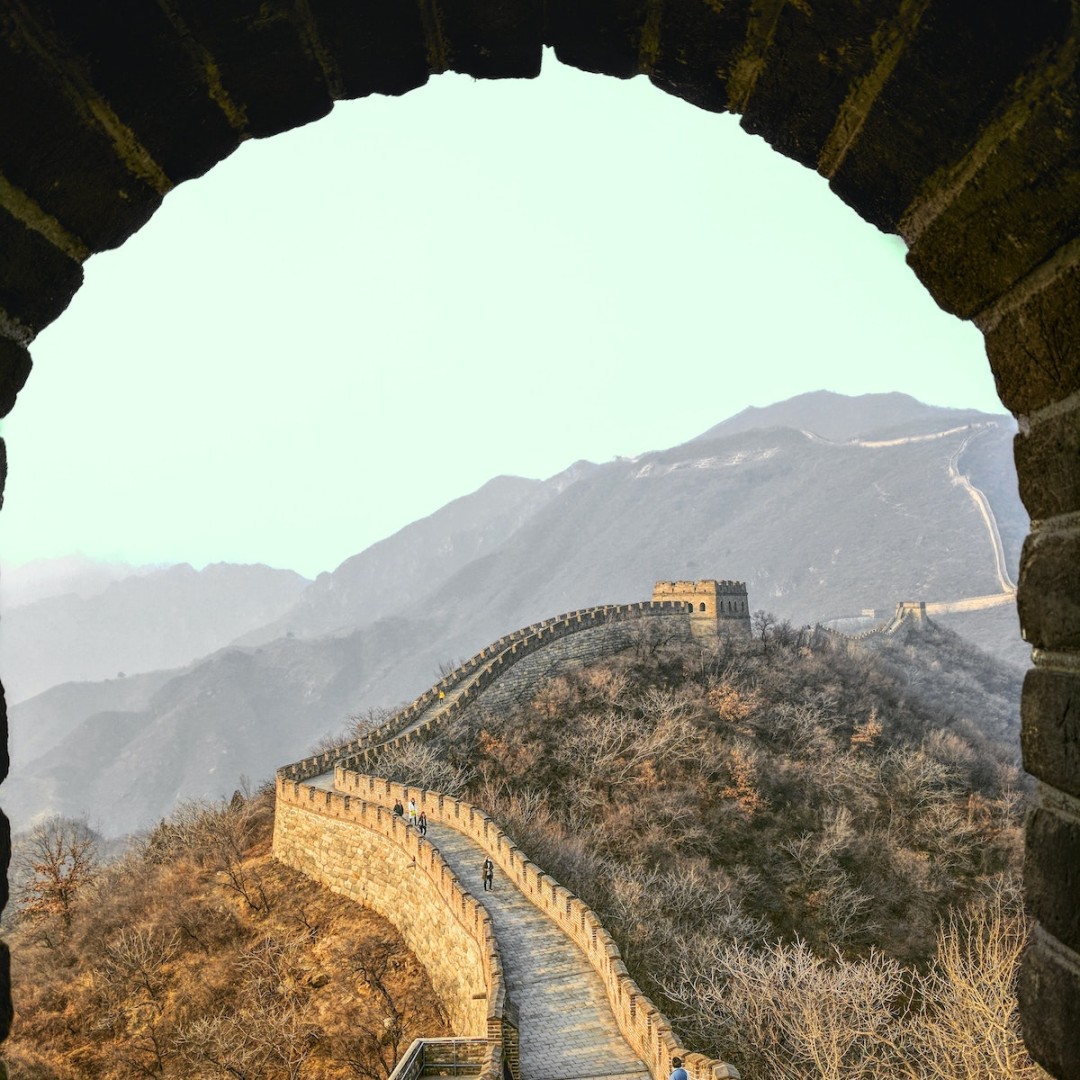
Photo by Robert Nyman on Unsplash
We visited several cities—Beijing, Shanghai, Dalian, Dandong—and I still see Instagram posts from fellow friends living in China and think, “Where was THAT?” Gorgeous mountain ranges, gigantic Buddha statues in ancient temples, and incredible wildlife are some of the many things you can encounter in China.
The bigger cities have endless sights to see. The Forbidden City, the Temple of Heaven, and of course, the Great Wall, are must-see spots. I had never seen anything like these glorious temples. Standing atop the Great Wall felt like an out-of-body experience. I used to think of the Great Wall similar to the way I thought of the planets – I know they’re out there, but I’ll never see them. It is surreal to see a man-made structure of this caliber roll throughout mountains towards where mountaintops meet the skyline. Unreal.
3. Try your very best to speak to locals in their native language.
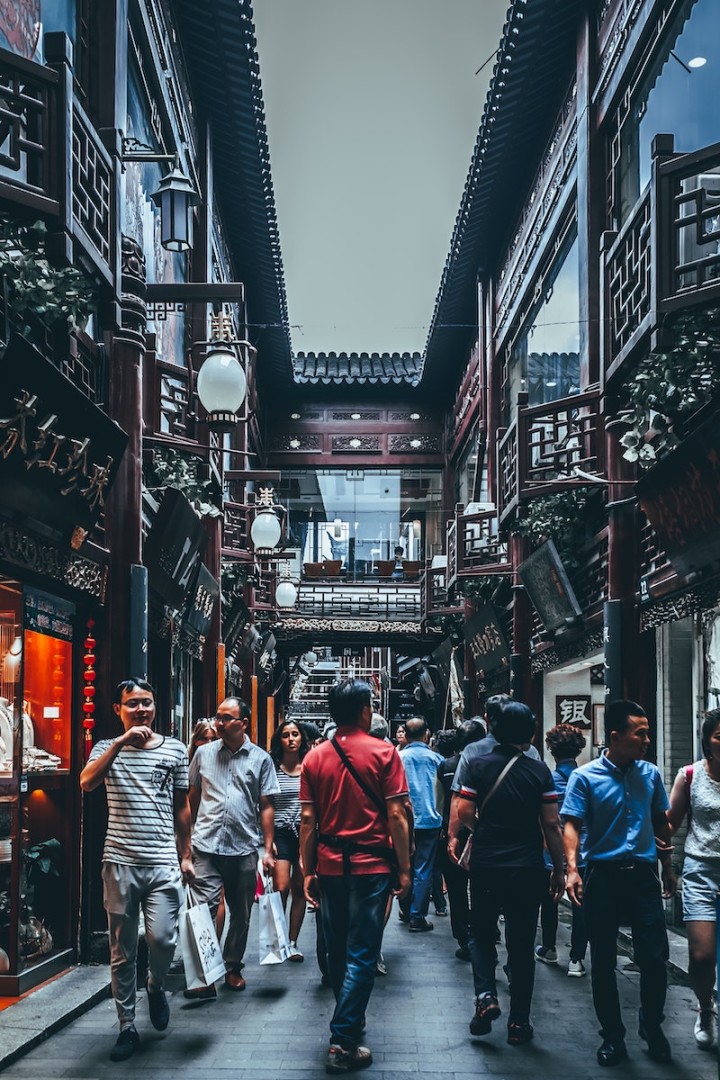
Photo by Hanny Naibaho on Unsplash
It’s an understatement when I say I did not know very much Mandarin when we departed for Asia. I could say “My name is Andrea” and “I’m from America”, and that’s about it. But even being able to just say hello and how many are in your party in Mandarin at least got a smile out of the host or hostess. They appreciate the effort you’re putting forth, and it will help you to avoid the stigma of being an “entitled American” if you say a simple hello.
Overemployment is the act of working two remote full-time jobs to earn extra income and reach financial freedom. More than simply having a side hustle, being overemployed means having two or more full-time jobs that offer salary and benefits. While overemployment may sound difficult and potentially hazardous if caught, the fact is any remote worker can do it successfully with the right approach and commitment.
Read the Guide
4. Take caution when adjusting to eating.
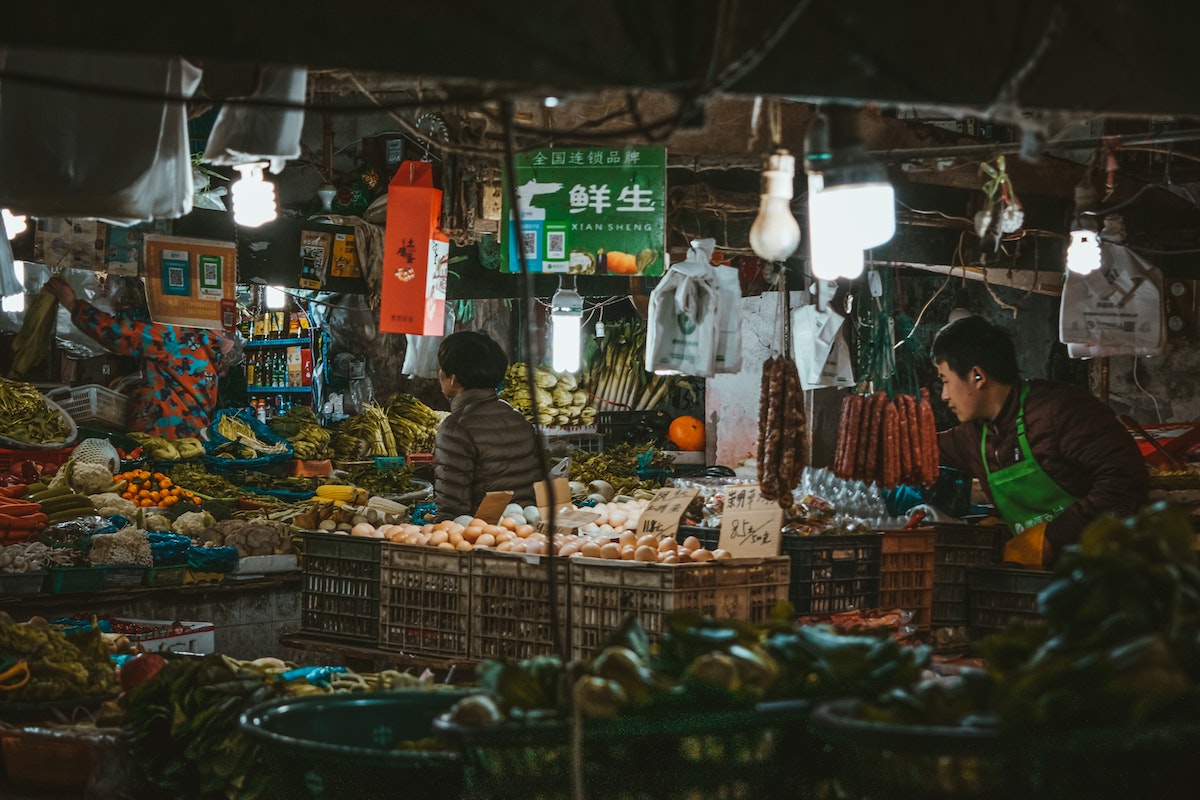
Photo by Max van den Oetelaar on Unsplash
In Asia, they use different oils to cook than we do at home in the US. For some, they don’t experience any problems at all, but for others, the first three or so weeks are a little bit of a guessing game. I recommend taking some stomach calming medicine with you have on hand to help you rest assured you have something you know will make you feel better on hand, like Tums or Pepto Bismol. Everyone is different, but it is very common to have an upset stomach after meals you wouldn’t expect to affect you poorly, like cooked vegetables.
5. Avoid raw foods, and be sure to boil your water.
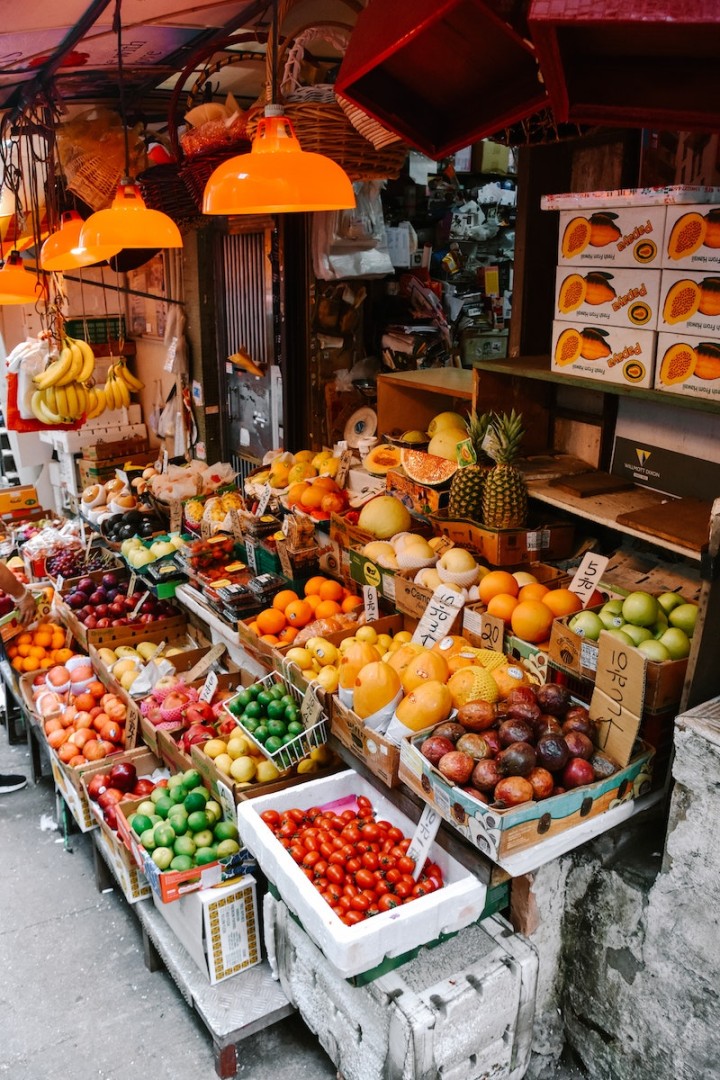
Photo by Beauty van Stam on Unsplash
Our Chinese friends carried vegetable peelers in their bags to be prepared to remove any skin off of a delicious-looking peach they wanted to buy off of a street cart with fresh produce. They also warned us to not drink tap water, and to make sure your dishes are completely dry before use. I would boil water to drink, and for us to brush our teeth with, as well.
6. Be prepared for serious heat in the summertime.
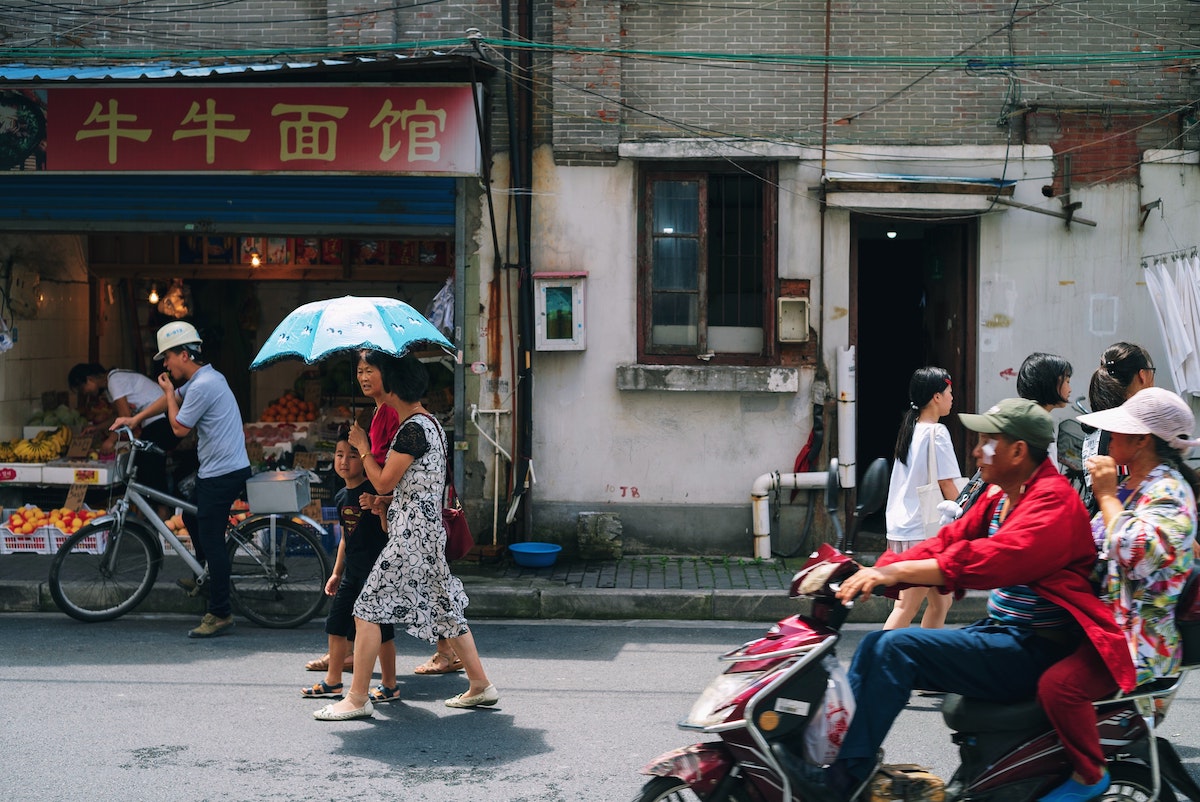
Photo by Steve Long on Unsplash
Walking 17 miles in Beijing in 110 degree heat was not a joke. Do as the Chinese do and purchase either an umbrella or a very-thin jacket for sun prevention to avoid getting absolutely roasted.
7. Know that China is generally a very safe country in which to travel.
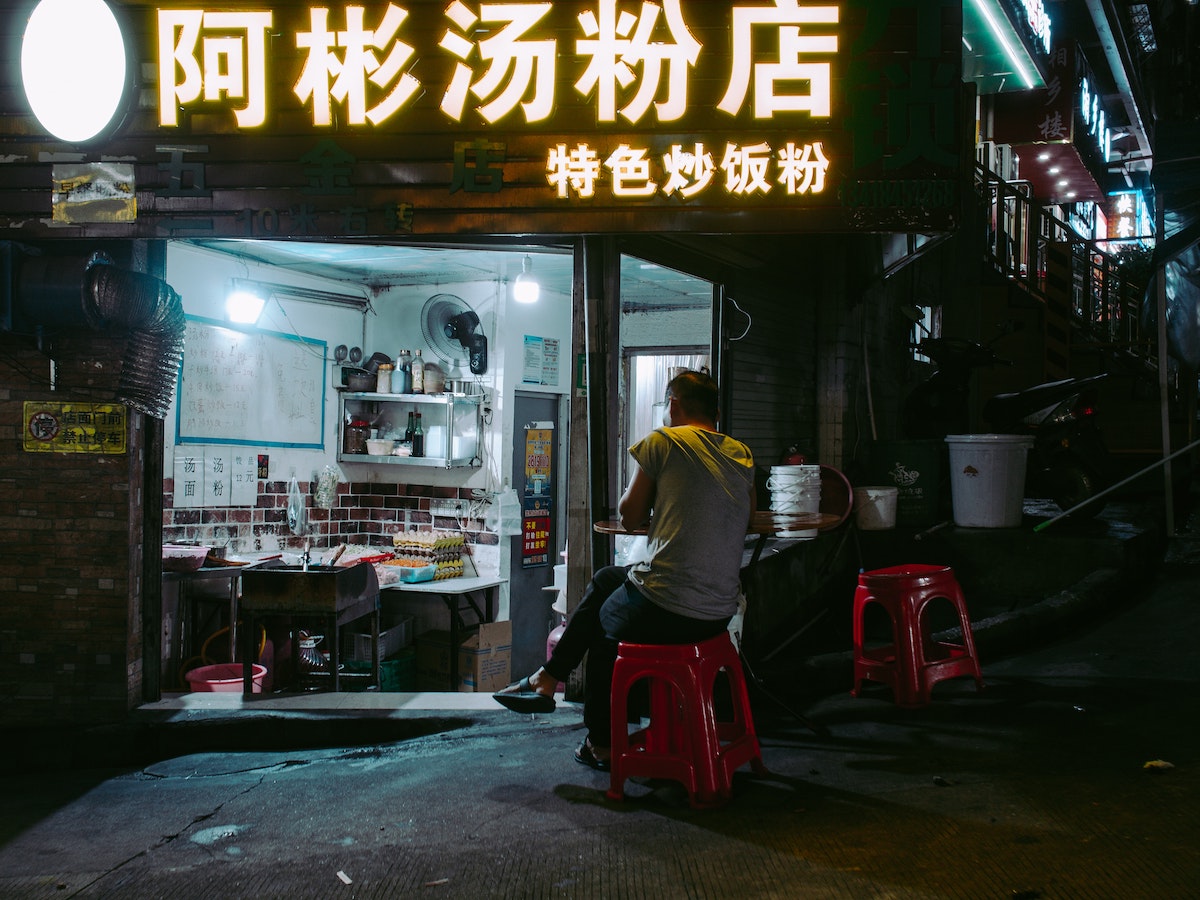
Photo by Joshua Fernandez on Unsplash
After traveling to many states, countries in Europe, and various cities in South America, I can confidently say I felt the most safe by far in China. Of course, it is never advised to cruise through the streets alone by moonlight, but I did feel very safe walking around at night. In Shanghai and Beijing, it feels like the city never goes to sleep and is always very populated, so that was helpful for feeling secure, as well.
8. Take it as an opportunity to be adventurous.
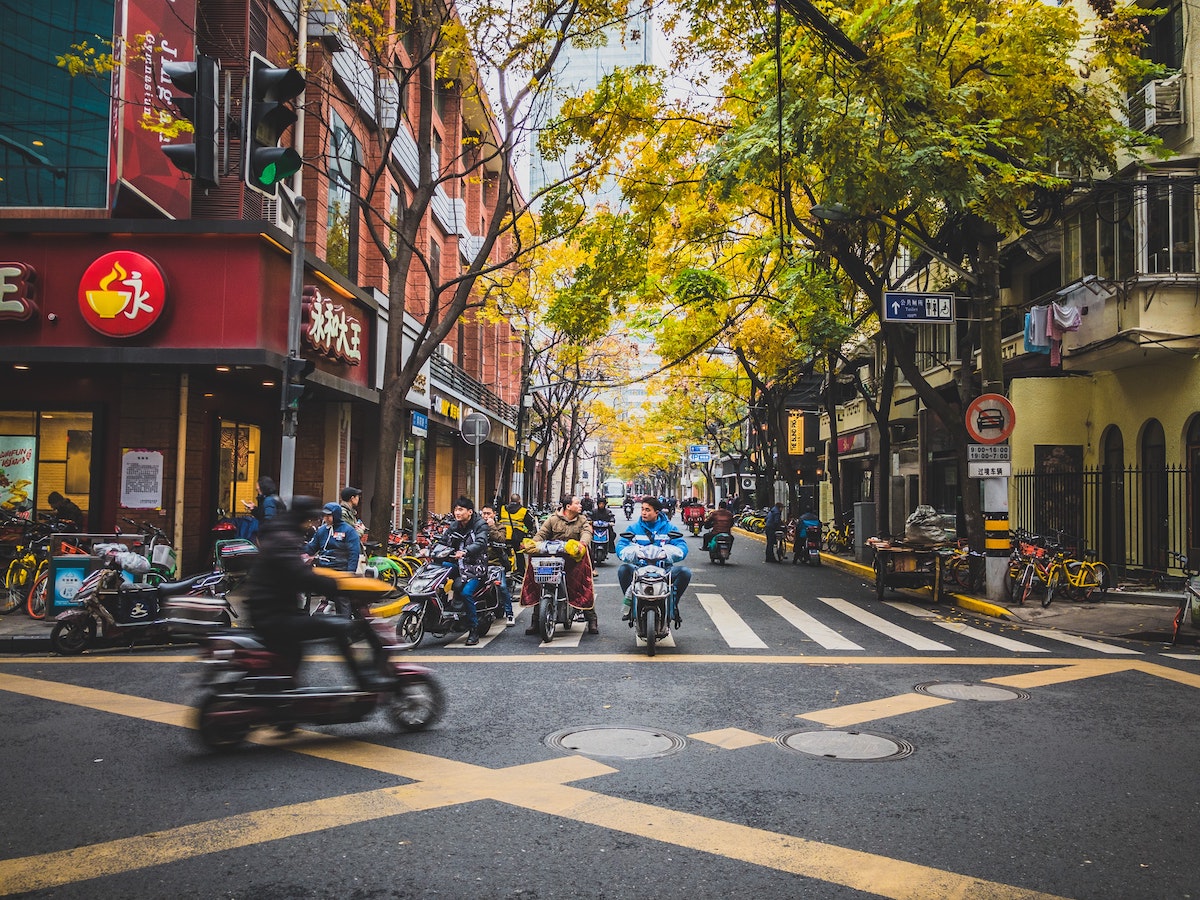
Photo by Michael Discenza on Unsplash
I would like to think I was an adventurous person before being an expat in China, but after the experience of spending three months living in Asia, the definition of adventurous has an entirely new meaning to me. Try things you never would. Let yourself learn new ways of thinking and interacting with others, and understand that there is no one right way. You will come back home as an enlightened traveler with an enriched view of the world.
About the Author
Andrea Barnhill is the founder and writer for Weekend Wander Club, a travel blog for young professionals featuring destinations all over the world. One of Destination Marketing Association International’s 30 Under 30, Andrea is recognized as a young leader in the travel and tourism marketing industry.
Featured image via Unsplash.

